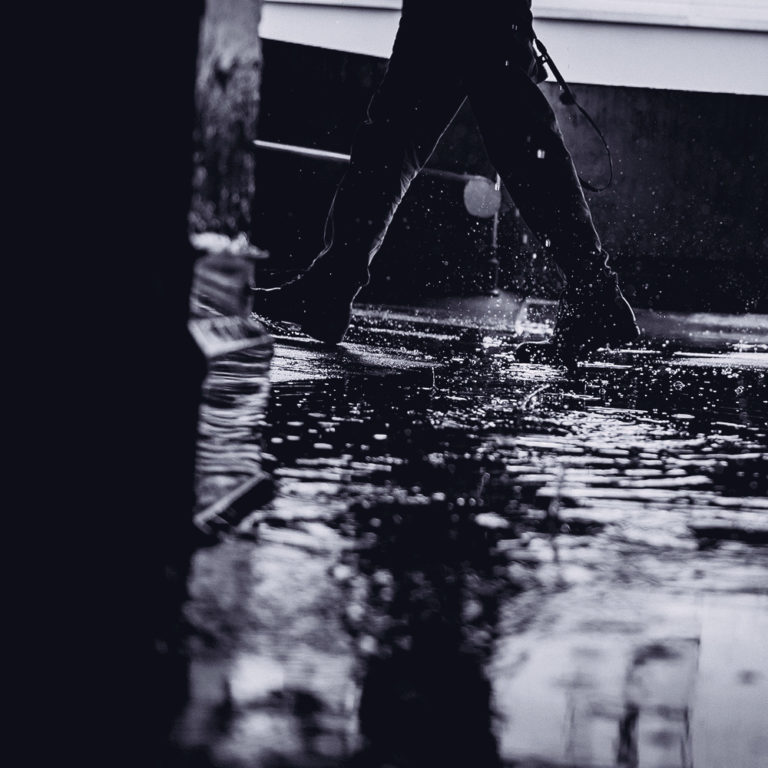The other night my wife Valerie and I had about 15 of our friends hanging out in our lounge.
We shared soup together and then we listened as our friend René shared about a dream she had for community living. The rest of the evening was spent with each of us sharing three of the things we would desire to see in a community if we decided to live together in a space, which in this case was a farm.
As I walk through my lounge a few days later, the pieces of card with people’s suggestions on are still grouped together on our lounge wall indicating areas of overlap with different people’s ideas.
Now we are not necessarily all of us going to end up living in a community situation together but it was a helpful way to be able to share and listen to different ideas of what people we care about see happening in community.
Where to live
The same thing happened two years ago when Val and I were trying to figure out where we were going to live in Cape Town, having been out of the country for three years and returning to settle for the next foreseeable while.
We gathered some people we care about, trust and who love us, and invited them into what we called a discernment process. We shared some of our shared values and the things we were looking for and then asked other people to share what they saw in us and to share some ideas.
There was a prayer time as well where we sat and listened to see if there was a sense of any kind of leading or direction from God.
We left that evening not with a specific address of where to move to, but an idea of some of the things we were definitely looking for as well as some of the things we wanted to avoid. (eg. a place that was not filled with people who looked like us, a somewhat lower economic area, a place that could serve as bridge-building between rich and poor, a space that offered hospitality options)
Collective wisdom
As I write this I am in a space where I have been working freelance but am needing to find some kind of more permanent work. Once again we plan to gather the people we love, to hear, to pray, to speak wisdom and to share in this time with us.
One of the reasons we like to make decisions in community that way, is just for another excuse to hang with a bunch of amazing people we know love us. But more specifically there is something to be said about the idea of ‘the wisdom of the group’.
People who know us know our strengths and have some good idea of our weaknesses. People who have been invited to speak hard words we might need to hear and be the ones we can take it from. A group of people who will think differently to us and so bring in new exciting possibilities and perhaps see into our blind spots.
The African saying, ‘It takes a village to raise a child’ holds true beyond just the raising of children. It speaks to the power that exists when people get together to work on different aspects of the same thing.
How do you decide?
As you face whatever your next big decision is, why don’t you consider inviting some of your trusted people to add their thoughts and voices. That might be family or friends. It might be business colleagues or mentor types. It can be as informal as having people around for a meal and sharing your ideas, question or decision and asking people to share their thoughts.
But it will more than likely set you up for greater success than if you tried to figure it all out by yourself.










